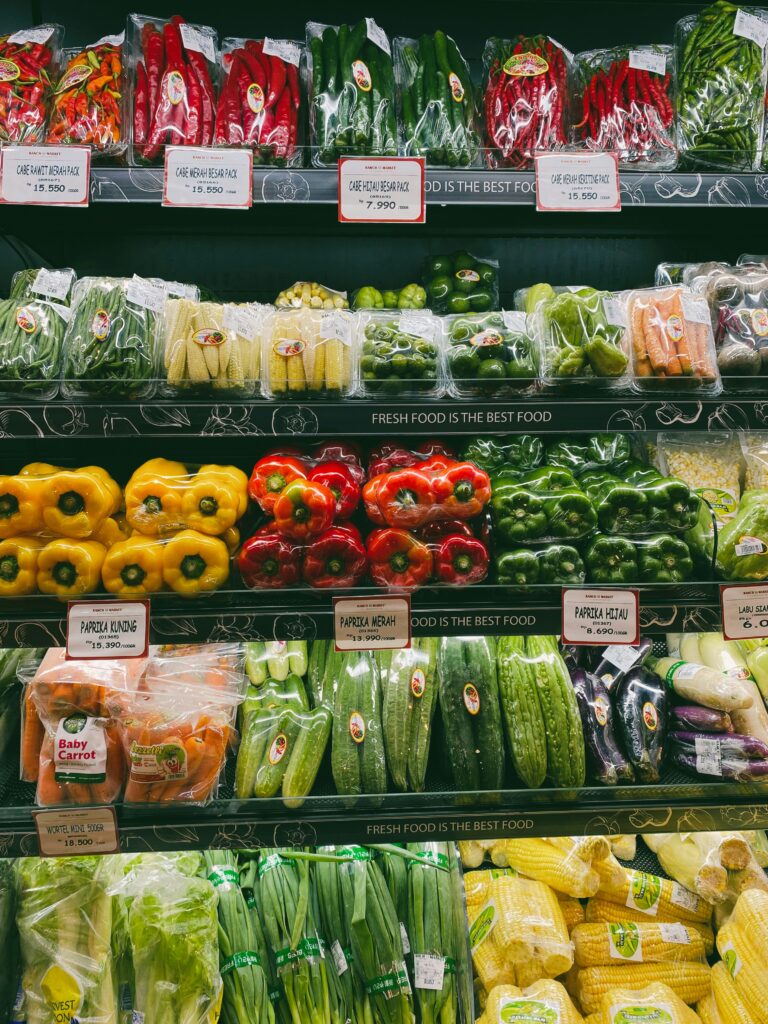How the US election result could impact UK tariffs and trade
Topics

With North America representing a key export market for British goods —17.6% of all UK trade, totaling approximately £304 billion in total trade for goods and services — the results of the recent US election are of major significance for British businesses. With Trump’s victory likely to influence global tariffs and trade policies, we set out what UK businesses could expect to see when the new president enters office and the impact his administration could have on global trade operations.
The impact of tariff changes
Throughout his campaign, Donald Trump raised the prospect of implementing a 10% to 20% tariff on imported goods, which could po

se a threat to the success of British exports. Such tariffs would likely increase costs for American consumers and could impact the hundreds of thousands of skilled UK jobs concerned with exporting goods to the US. If imposed, these tariffs could make British products less competitive in the US, potentially diminishing sales and brand presence.
Are potential trade disputes on the horizon?
Another challenge for the UK government will be managing Trump’s demand for alignment with his trade policies against China. Trump has proposed a tariff on Chinese originating goods of 60% or higher to move the US away from an over-dependence on China. The higher tariffs could significantly decrease the trade deficit but may also have adverse inflationary consequences for US consumers. During Trump’s first term in office, the trade deficit with China lowered – shrinking from a record high of $419 billion in 2018, down to $311 billion in 2020. The aim was to bring manufacturing back to the US, but this did not materialise as expected.
Additionally, should the EU introduce retaliatory tariffs, the UK could find itself caught between three major trading blocs—the US, EU, and China—in a trade dispute. The repercussions of previous US tariffs, as seen with the Boeing-Airbus dispute impacting whisky and cashmere, are a reminder of the damaging effects this could have. In this case, the Scotch whisky industry was hit with a 25% tariff on single malt by the Trump administration. Karen Betts, chief executive of the Scotch Whisky Association (SWA), said the deal, lasting two years for whisky exports to the US, was “extremely damaging” for the industry.
Trump has also signaled his intention to return to bilateral rather than multilateral trade agreements. For example, Trump previously withdrew the United States from the Trans-Pacific Partnership, pushed for a partial reform of the Korea-US Free Trade Agreement, renegotiated the North American Free Trade Agreement for the United States-Mexico-Canada Free Trade Agreement, concluded a “mini-trade agreement” with Japan and agreed to initiate free trade agreement talks with the Philippines. As president, he is expected to continue to pursue a similar strategy, and we await to see what will be announced and the repercussions his trade agreements will bring.
As Trump enters office, his trade policies are soon to be revealed in full and we wait to see if, and how, they impact UK business and the current tariffs and regulation in place. This news highlights how the things we read or hear about daily have a direct impact on consumers and businesses alike, especially when it comes to tariff codes.
The need for a system, such as TariffTel, that keeps your tariff codes up to date as and when changes are made, has never been more relevant, ensuring you stay compliant.
If you’re in need of classification system or support when exporting goods to the US, get in touch with our expert team at TariffTel who can advise on current tariffs and policies and keep you abreast of any updates.
Other Useful Resources
Do customs brokers ensure tariff code compliance?
Customs brokers have long been essential partners for businesses operating in the complex world of international trade. ...
What’s ahead for customs classification in food in 2025?
The global appetite for unique and sustainable food and drink products is booming, creating exciting opportunities for e...
How incorrect HS codes are driving up costs (and how to stop it)
Accurate customs classification can make or break a business’s bottom line. Yet, many companies underestimate the impo...



